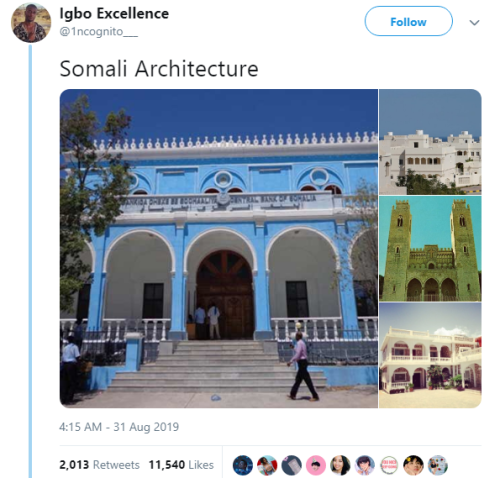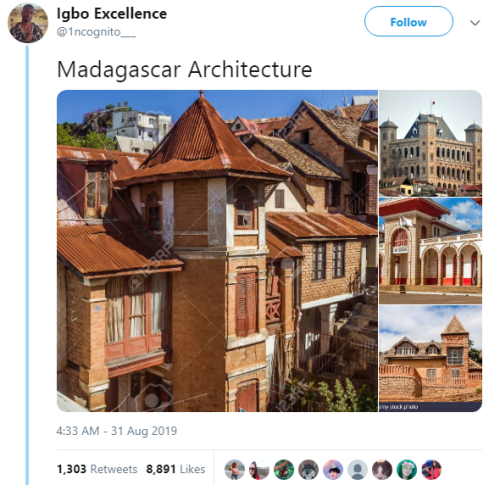I've Come To Realize There Are Only Two Kinds Of Tragedies: Preventable And Inevitable. Preventable Tragedies
i've come to realize there are only two kinds of tragedies: preventable and inevitable. preventable tragedies are the kind where everything could have maybe worked out if only. if only romeo had gotten the second letter. if only juliet had woken up earlier. if only creon had changed his mind about antigone sooner. if only orpheus hadn't turned around.
inevitable tragedies are the kind where everything was always going to end terribly. of course macbeth gets deposed, he murdered his way to the throne. of course oedipus goes mad, he married his own mother. of course achilles dies in the war, he had to fulfill the prophecy in order to avenge his lover.
both kinds have their merits. the first is more emotionally impactful, letting the audience cling to hope until the very end, when it's snatched away all at once leaving nothing but a void. the second is more thematically resonant, tracking an inherent fatal flaw in its hero to a natural and understandable conclusion, making it abundantly clear why everything has to happen the way it does.
More Posts from Fitzcrozier and Others

Cassandra
Credit…Parco Archeologico di Pompei




I mourn my crown, my children, my past life, and my future.
riverrun would be so beautifully decorated inside and outside. the pretty castle surrounded by rivers and fertile as hell floodplains? home of the family granted stewardship of the region (even if they’ve only been in power since conquest) - they would be one of the most wealthy and well decorated keeps. prove me wrong (you can’t)
u heard about doomed by the narrative now get ready for doomed by my mum and her coven of space eugenics cult sisters thru their 10k year long breeding program. duned by the narrative if u will




Palazzo Farnese (x)
The way Aegon desperately wants to fill the conqueror's armor, even when it's evidently too large for him to fully take up. He looks like a boy slipping into his father's coat, a boy whose idea of his father as this invincible figure, who he can never quite reach, is destined to be popped some way or another.
Aegon isn't the only one who clings to the idea of the conqueror as this ideal. His shadow looms large over all of House Targaryen, this almost mythical figure whose legacy all Targaryen try to claim for themselves. They chase after his ghost, believing that to truly be a Targaryen, one must be like him: ruthless, powerful, and above all, victorious. They forget—or perhaps choose to ignore—that his victories were bathed in blood, that his crown was forged in fire and brutality. His legacy is a cursed throne, a throne that cuts most who sit upon it, a throne that pits people against each other.
Generation after generation, Targaryens name their children are after him. Aegon. A name dripping in history and blood and crushed dreams. They hope that this name will bring with them the strength and glory. A babe born to me, wearing the Conqueror's crown. But these hopes are often dashed. These children are caught in the endless cycle of violence that defines their bloodline. They keep meeting more and more horrific fates—murder, madness, betrayal.
The prophecy that the Conqueror himself used as justification for all the blood he spilt, the prophecy so many Targaryen feel like is theirs to fulfill—the promise of a hero who will save the world—only serves to further the rot. This prophecy, ever so vague and open to interpretation, is a way for them to give purpose to the endless wars and the pain. The Conqueror was no savior; he was a man driven by ambition and thirst for power, a man who saw kingdoms as prizes to be won and people as obstacles to be removed. He was a man who saw himself to be superior to others on the basis of what flowed through his veins.
Tyland vs Jaehaerys at the small council








- Karen M. Dunak, “The White Wedding Revived” in As Long As We Both Shall Love: The White Wedding in Postwar America

Cosmetic jar, Greek, 6th century BC
from The Metropolitan Museum of Art
-
 mylovesthere liked this · 2 weeks ago
mylovesthere liked this · 2 weeks ago -
 l3ilawarr reblogged this · 2 weeks ago
l3ilawarr reblogged this · 2 weeks ago -
 l3ilawarr liked this · 2 weeks ago
l3ilawarr liked this · 2 weeks ago -
 freshkidpeach reblogged this · 2 weeks ago
freshkidpeach reblogged this · 2 weeks ago -
 freshkidpeach liked this · 2 weeks ago
freshkidpeach liked this · 2 weeks ago -
 moonslesbology liked this · 2 weeks ago
moonslesbology liked this · 2 weeks ago -
 soleiltido liked this · 2 weeks ago
soleiltido liked this · 2 weeks ago -
 relentlesslycravingsummer reblogged this · 2 weeks ago
relentlesslycravingsummer reblogged this · 2 weeks ago -
 ellafoxglove reblogged this · 2 weeks ago
ellafoxglove reblogged this · 2 weeks ago -
 ellafoxglove liked this · 2 weeks ago
ellafoxglove liked this · 2 weeks ago -
 cheaheliciaaaa reblogged this · 2 weeks ago
cheaheliciaaaa reblogged this · 2 weeks ago -
 cheaheliciaaaa liked this · 2 weeks ago
cheaheliciaaaa liked this · 2 weeks ago -
 too-tired-omg liked this · 2 weeks ago
too-tired-omg liked this · 2 weeks ago -
 foolsgoldperformer liked this · 2 weeks ago
foolsgoldperformer liked this · 2 weeks ago -
 dydyna liked this · 2 weeks ago
dydyna liked this · 2 weeks ago -
 shorttrouble4you liked this · 2 weeks ago
shorttrouble4you liked this · 2 weeks ago -
 starziecat liked this · 2 weeks ago
starziecat liked this · 2 weeks ago -
 lunarphoria liked this · 2 weeks ago
lunarphoria liked this · 2 weeks ago -
 dosiadarling liked this · 2 weeks ago
dosiadarling liked this · 2 weeks ago -
 andiesunflowers liked this · 2 weeks ago
andiesunflowers liked this · 2 weeks ago -
 introducing-bernard-spilsbury liked this · 2 weeks ago
introducing-bernard-spilsbury liked this · 2 weeks ago -
 delicateninjatriumph liked this · 2 weeks ago
delicateninjatriumph liked this · 2 weeks ago -
 appley-juice17 liked this · 2 weeks ago
appley-juice17 liked this · 2 weeks ago -
 snufflesash liked this · 2 weeks ago
snufflesash liked this · 2 weeks ago -
 rebelliousspec liked this · 2 weeks ago
rebelliousspec liked this · 2 weeks ago -
 puppiesandbooks reblogged this · 2 weeks ago
puppiesandbooks reblogged this · 2 weeks ago -
 nakforanimation liked this · 2 weeks ago
nakforanimation liked this · 2 weeks ago -
 zephyr-of-death liked this · 2 weeks ago
zephyr-of-death liked this · 2 weeks ago -
 celestialarchipelago liked this · 2 weeks ago
celestialarchipelago liked this · 2 weeks ago -
 beetlegh0st liked this · 2 weeks ago
beetlegh0st liked this · 2 weeks ago -
 planet-shmanet liked this · 2 weeks ago
planet-shmanet liked this · 2 weeks ago -
 american-assassin-and-superhero liked this · 2 weeks ago
american-assassin-and-superhero liked this · 2 weeks ago -
 rainstormyday reblogged this · 2 weeks ago
rainstormyday reblogged this · 2 weeks ago -
 wouldthehill liked this · 3 weeks ago
wouldthehill liked this · 3 weeks ago -
 the-land-of-dreams liked this · 3 weeks ago
the-land-of-dreams liked this · 3 weeks ago -
 lightlightsuplight liked this · 3 weeks ago
lightlightsuplight liked this · 3 weeks ago -
 serenathehunter liked this · 4 weeks ago
serenathehunter liked this · 4 weeks ago -
 hxlcyon liked this · 4 weeks ago
hxlcyon liked this · 4 weeks ago -
 isdwhp liked this · 1 month ago
isdwhp liked this · 1 month ago -
 mirrix reblogged this · 1 month ago
mirrix reblogged this · 1 month ago -
 strooparfait liked this · 1 month ago
strooparfait liked this · 1 month ago -
 screechingmilkshakebear liked this · 1 month ago
screechingmilkshakebear liked this · 1 month ago -
 rarlya liked this · 1 month ago
rarlya liked this · 1 month ago -
 asuitcasefullofsummertime liked this · 1 month ago
asuitcasefullofsummertime liked this · 1 month ago -
 woeful-salt-eater liked this · 1 month ago
woeful-salt-eater liked this · 1 month ago -
 zenith-of-gahhh reblogged this · 1 month ago
zenith-of-gahhh reblogged this · 1 month ago -
 zenith-of-gahhh liked this · 1 month ago
zenith-of-gahhh liked this · 1 month ago














